Question And Answer
Publications
Articles, publications, books, tools and multimedia features from the U.S. Institute of Peace provide the latest news, analysis, research findings, practitioner guides and reports, all related to the conflict zones and issues that are at the center of the Institute’s work to prevent and reduce violent conflict.
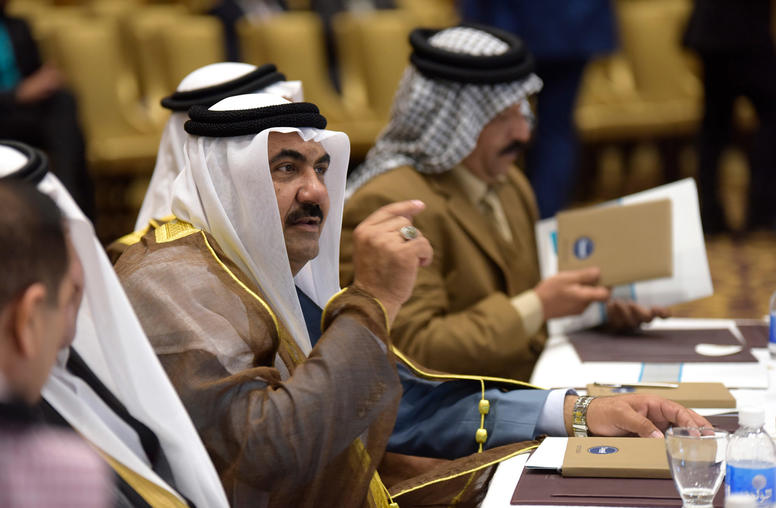
Nurturing and Sustaining Facilitator Networks: Key Considerations for Support Organizations
As more emphasis is placed on the role of national and local efforts in peacebuilding, support organizations may increasingly look for opportunities to bolster national and local facilitator networks. This report shares findings from a meta-review commissioned by the United States Institute of Peace that examined networks it supported in Afghanistan, Colombia, Iraq, Pakistan, and Tunisia. It provides recommendations for creating and sustaining networks that successfully operate with the resources and technical assistance available.

From the Street to the Peace Table: Nonviolent Mobilization during Intrastate Peace Processes
Though nonviolent grassroots movements often help spur transitions to peace and democracy, they are rarely invited to play a role in formal peace processes. Yet these movements can and do influence the course and content of peace negotiations and contribute to the quality and durability of the resulting peace. This report examines the strategies they employ and provides insights for grassroots movements currently mobilizing for peace or change in Myanmar, South Sudan, Syria, Yemen, and elsewhere.
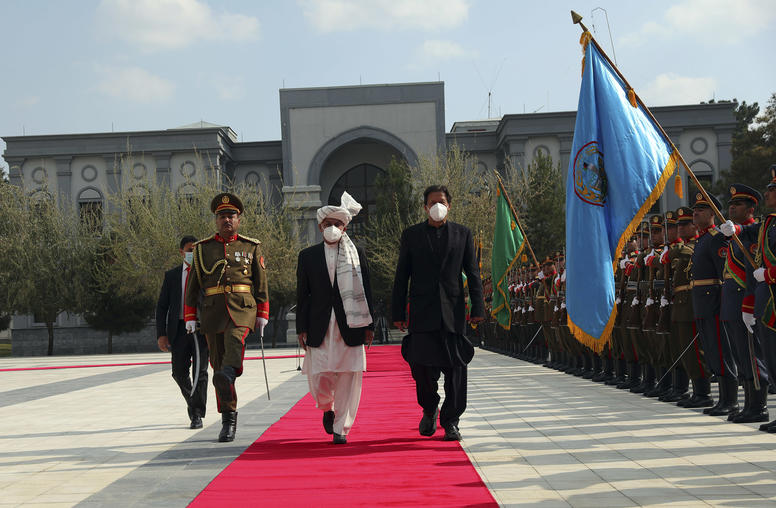
Afghanistan-Pakistan Ties and Future Stability in Afghanistan
The situation in Afghanistan—and with it the Afghanistan-Pakistan relationship—is likely to worsen in the short term. The prospect of a prolonged civil war or full Taliban takeover now looms large as hopes of a negotiated settlement recede. Whatever the outcome, the countries’ bilateral relationship will continue to be shaped by tensions that have characterized it for more than a century. This report examines these sources of tension and identifies potential openings for engagement that could, over time, become sources of stability and growth.
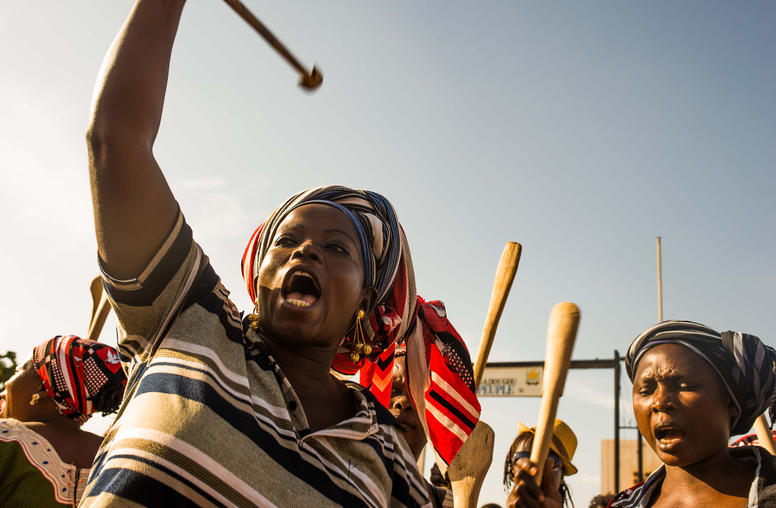
Mobilization, Negotiation, and Transition in Burkina Faso (French)
En octobre 2014, un soulèvement populaire massif a destitué le président de longue date du Burkina Faso, Blaise Compaoré, et conduit à une transition menée par des civils, laquelle a abouti à des élections libres et équitables en novembre 2015. Ce rapport illustre l’importance de la culture nationale du dialogue et du consensus et les avantages d’un vaste et solide réseau entre les groupes de négociation. Bien que la violence dans le pays ait augmenté depuis lors, les enseignements tirés de la transition au Burkina Faso peuvent être d’une aide précieuse pour guider les efforts de mobilisation populaire, les négociations et les perspectives de paix et de démocratie à long terme dans d’autres contextes.
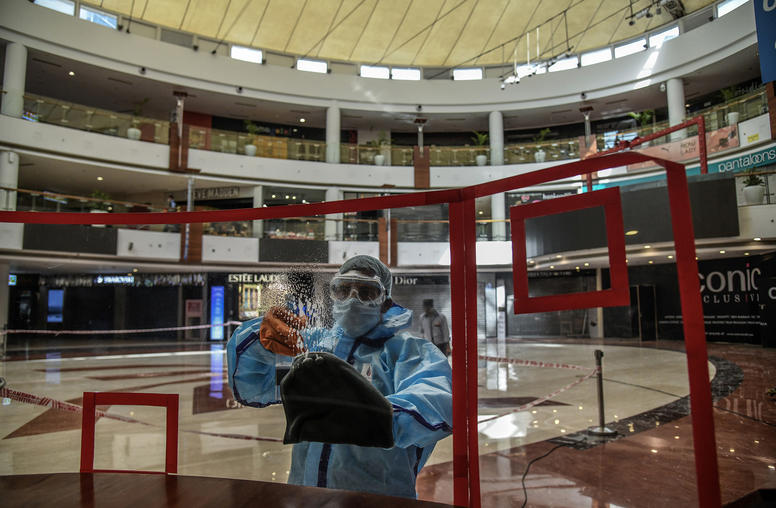
The Impact of COVID-19 on South Asian Economies
The COVID-19 pandemic has caused one of the most serious public health and economic crises faced by India, Bangladesh, and Pakistan in recent years. This report looks at the economic impact on these nations, their prospects for the remainder of 2021, and their relations with the United States. It identifies key areas of focus for ensuring the subcontinent’s recovery is equitable—which, in the context of an erosion of democratic norms, growing authoritarianism, and severe crackdown on dissent, could help avoid economic and social instability.
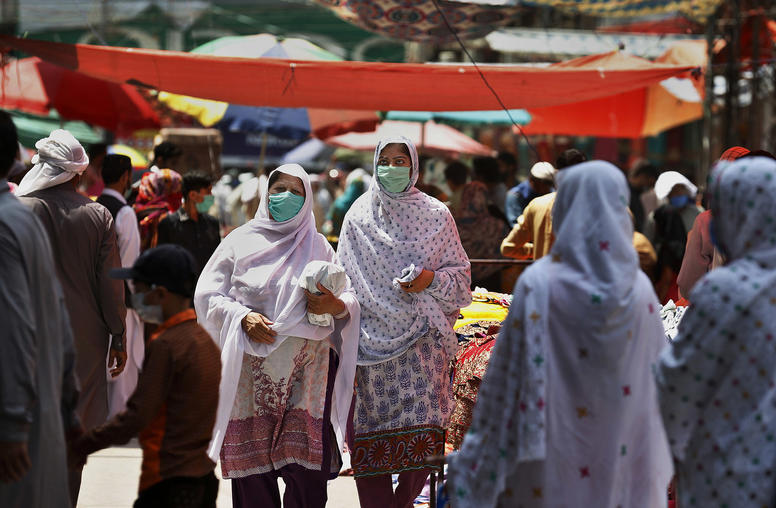
Gender-Based Violence and COVID-19 in Fragile Settings: A Syndemic Model
The long-standing pandemic of gender-based violence has been worsened by COVID-19 and related containment measures, particularly in fragile settings marked by conflict, poverty, and weak infrastructure. At the same time, the implementation of gender-insensitive COVID-19 control policies can exacerbate the community transmission of COVID-19. These interactions form a syndemic—two or more pandemics whose interactions compound the severity of each. This report identifies the key avenues through which these two pandemics have synergistic effects and offers recommendations for mitigating their impact.
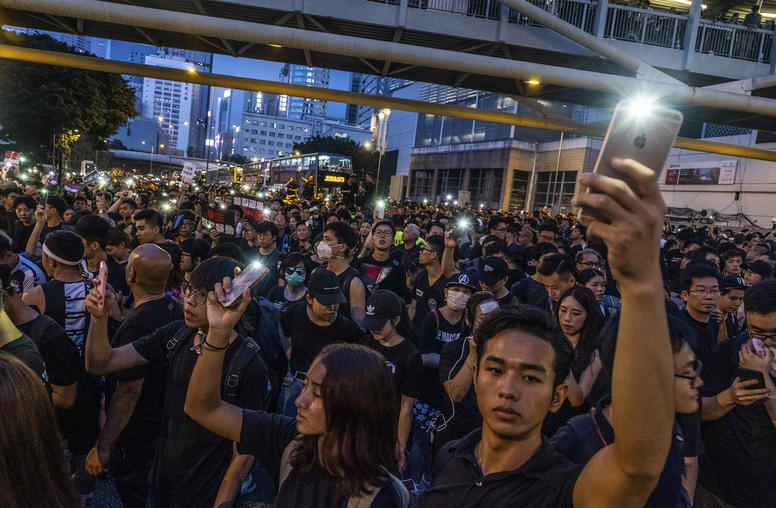
Autoritarismo digital y acción no violenta: Desafiando la contrarrevolución digital
Las campañas de acción no violenta son una de las maneras más comunes en la que los ciudadanos buscan cambiar de forma pacífica los sistemas políticos indiferentes. Sin embargo, las tecnologías recién desarrolladas y emergentes están transformando la naturaleza de las interacciones entre los activistas y los Gobiernos autoritarios. En este informe, se analiza el conjunto cada vez más sofisticado de herramientas, como el reconocimiento facial y la vigilancia de las plataformas de redes sociales, que los regímenes autoritarios utilizan para reprimir los movimientos no violentos, y se ofrecen recomendaciones sobre cómo los formuladores de políticas y activistas pueden desarrollar estrategias creativas para derrotar al autoritarismo digital.

Digital Authoritarianism and Nonviolent Action: Challenging the Digital Counterrevolution
Nonviolent action campaigns are one of the most common ways citizens seek to peacefully change nonresponsive political systems. Yet recently developed and emergent technologies are transforming the nature of interactions between activists and authoritarian governments. This report examines the increasingly sophisticated set of tools—such as facial recognition and surveillance of social media platforms—authoritarian regimes are using to stifle nonviolent movements, and provides recommendations for how policymakers and activists can develop creative strategies for overcoming digital authoritarianism.
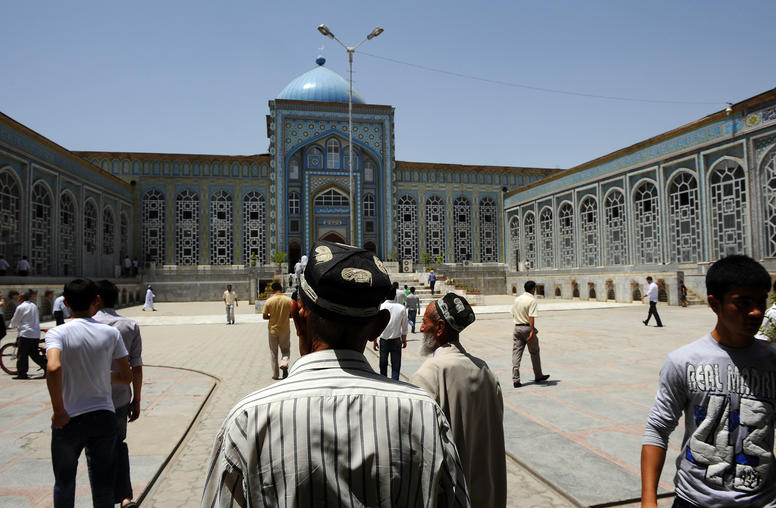
Processes of Reintegrating Central Asian Returnees from Syria and Iraq
In the wake of the loss of the Islamic State’s territorial holdings, the return of foreign fighters and their families to their home countries is a top international concern. Among the short list of governments that have initiated repatriation programs, the Central Asian republics of Kazakhstan, Tajikistan, and Uzbekistan stand out. This report examines the different approaches the three countries have taken and draws important lessons for other nations considering their own repatriation and reintegration programs.
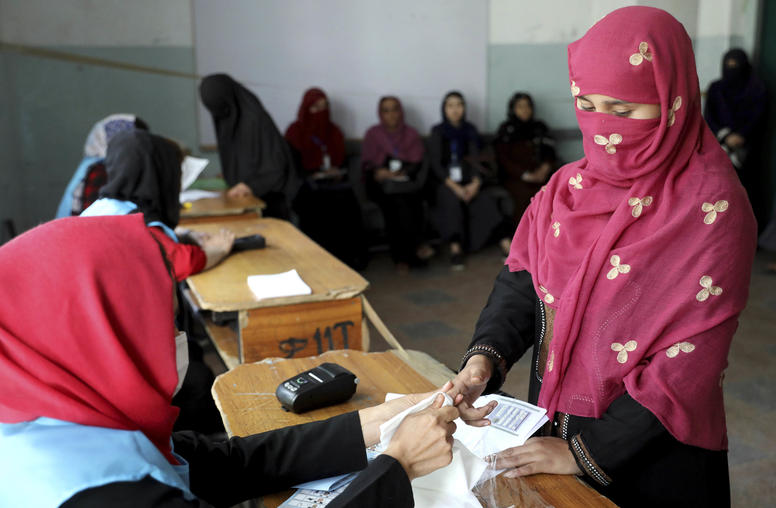
Democracy in Afghanistan: Amid and Beyond Conflict
Stable democracy may be an elusive prospect in Afghanistan, but that in itself is no reason to stop talking about it. Although many Afghans might well prioritize security from violence over elections in the short term, voting rights are still widely valued across Afghanistan. This report examines the country’s recent history with elections, democracy, and democratic institutions, and argues that because democracy has a past in Afghanistan, there is good reason to continue to support it.